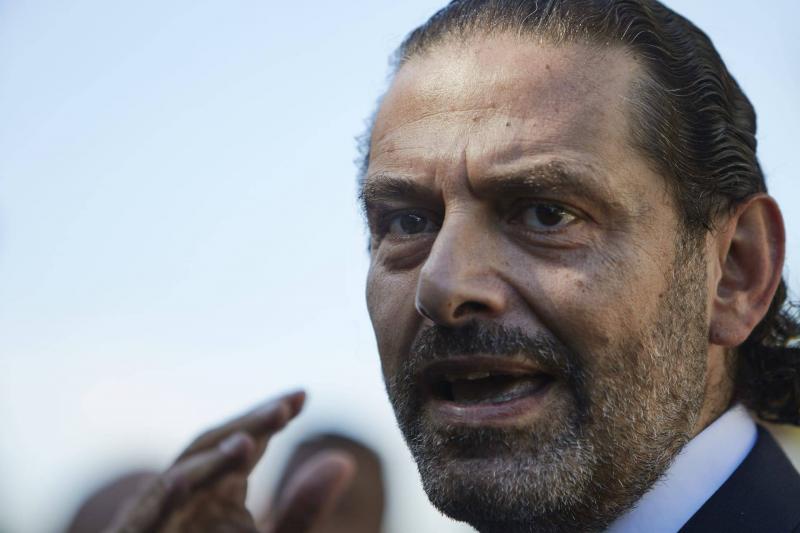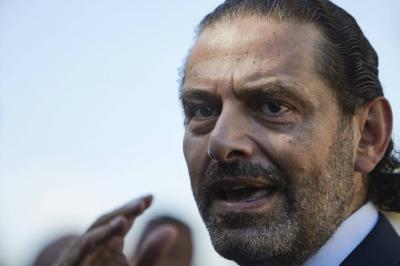Recently, President Saad Hariri received a call from Saudi Crown Prince Mohammed bin Salman, expressing concern for his health following the surgery Hariri underwent in Paris. This call comes after a long estrangement between the two, which began with Hariri's famous resignation announced from Riyadh in 2017, and continued with his announcement to suspend his political activity in Lebanon. Sources indicate that this call may be part of Emirati-Egyptian-French efforts aiming to reintegrate President Hariri into a political role, coinciding with a comprehensive settlement being prepared in the region.
Saad Hariri is a Lebanese politician and businessman, born on April 18, 1970. He is the son of former Lebanese Prime Minister Rafik Hariri, who was assassinated in 2005. After his father's death, Saad Hariri took the lead in Lebanese political life. He served as the Prime Minister of Lebanon on several occasions, holding the position from 2009 to 2011 and again from 2016 to 2020. His terms were marked by challenges, including internal political tensions and economic and social crises in Lebanon. Hariri wields significant influence in the Lebanese political arena and is considered a key figure in Lebanese politics and international relations. His family's history and political and economic orientations have made him one of the most prominent figures in Lebanon.
Challenges Faced by Hariri
Hariri has faced several challenges during his political career and terms as Prime Minister, including:
- **Internal Political Tensions**: Lebanon experiences ongoing political tensions due to political, sectarian, and economic discrepancies. Hariri faced difficulties managing these tensions and reaching political agreements that meet the aspirations of all parties.
- **Economic and Social Crises**: During his terms as Prime Minister, economic and social crises in Lebanon intensified, including financial collapse, worsening economic conditions, and rising unemployment and poverty rates. The governments he lead faced sharp criticism for their inability to resolve these crises.
- **External Interventions**: Lebanon suffers from external interventions in its internal affairs, especially from regional and international entities. It has been challenging for the governments led by Hariri to handle these interventions while preserving national sovereignty.
- **International Pressures**: Hariri also faced challenges in dealing with international pressures, particularly regarding relations with Gulf states, Western countries, and relations with Israel and Syria.
These challenges significantly impacted Hariri's government management and his political and economic goals in Lebanon.




